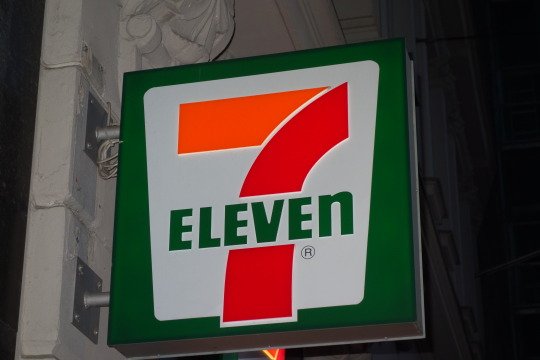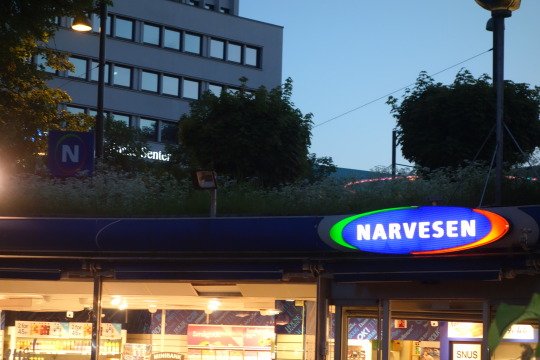
The convenience store chain 7 Eleven this week filed a lawsuit against civilian André Johnsen for discriminatory behavior. According to the the America-founded corporation, their stores were systematically not visited by Johnsen for 7 years and not given a single penny by him as a customer.
On a couple of occasions, Johnsen allegedly had a bad experience with a 7 Eleven cashier back in 2010, which lead him to stop visiting the convenience store all together. His “systematic discriminatory behavior persisted for over 7 years”, the indictment formulated. Johnsen systematically visited Narvesen instead, which is a Norwegian convenience store, but denies the decision had anything to do with the store’s nationality. “I just got a really bad association with 7 Eleven and had a strong preference for Narvesen ever since,” Johnsen said to a local newspaper.

The indictment argues there can never be an excuse for discriminating against foreign convenience stores and that “even though you have had one bad experience with one does not mean that all convenience stores are like that”. 7 Eleven’s attorney Birgitte Krohn-Hansen commented that the case is “just another sad example of gross conveniencestoreism and of how the bigoted mind tends to generalize an entire convenience store population based on one single store”.
However, experts do not seem to be surprised.
Several studies have shown that convenience stores with foreign names are significantly less likely to be considered by customers, suggesting that local markets have an unconscious bias towards foreign, international corporations.
Danish sociologist Helle Torning says systemic conveniencestoreism is a growing problem in Scandinavia and that the humanities have a responsibility in bringing awareness to the problem. She says “customers who discriminate against international convenience stores are causing harm to the people running them, and are playing an active role in the prevention of their integrating into the market”.
Torning adds that it is imperative that native customers contribute to making newly arrived chains feel welcome. “As if setting up a branch in a new country isn’t enough, dealing with a new language, a new culture and a new regulatory system, just imagine what it’s like for entrepreneurs who are not received with compassion”. She concludes by imploring the native market to be accommodative, saying “If the stores treat their customers badly, we must understand that it is because they are in a competitive and very difficult situation”.
Torning and colleagues have been initiators of a bill that could soon pass into law in Denmark, securing the right of convenience stores to not be discriminated against by customers. The bill would make customers obliged to choose an international chain at least 50 % of the time when they visit convenience stores.
The hard and long battle against systemic conveniencestoreism is ramping up, and similar bills are expected to make their way into other Scandinavian parliaments as well, protecting businesses from exploitative customers.
Maybe 7-11 doesn't sell The Onion? I like this type of humor and tone. Satire needs to be bolstered and even taught to people in the current world. Please keep writing more!
If 7 Eleven doesn't sell The Onion, The Onion definitely has a case against them. They shouldn't not sell a single product!
i shouldn't not be lmao either, but I'm not!
Haha, the Vikings have come full circle. You plundered a thousand years ago, now you get to be plundered for a thousand.
Yes, brutal times. Customers are being sued left and right for not entering different stores.
good